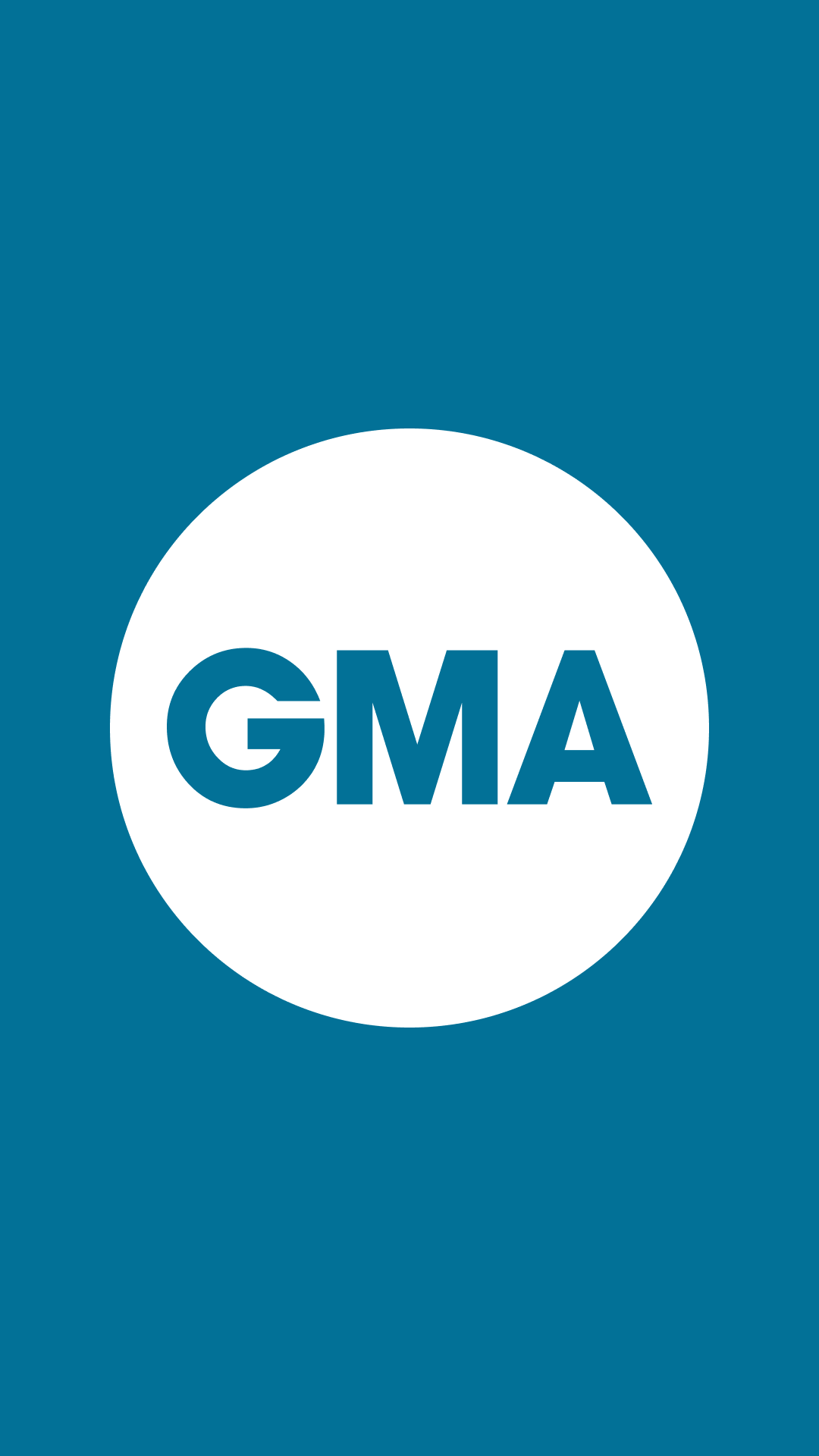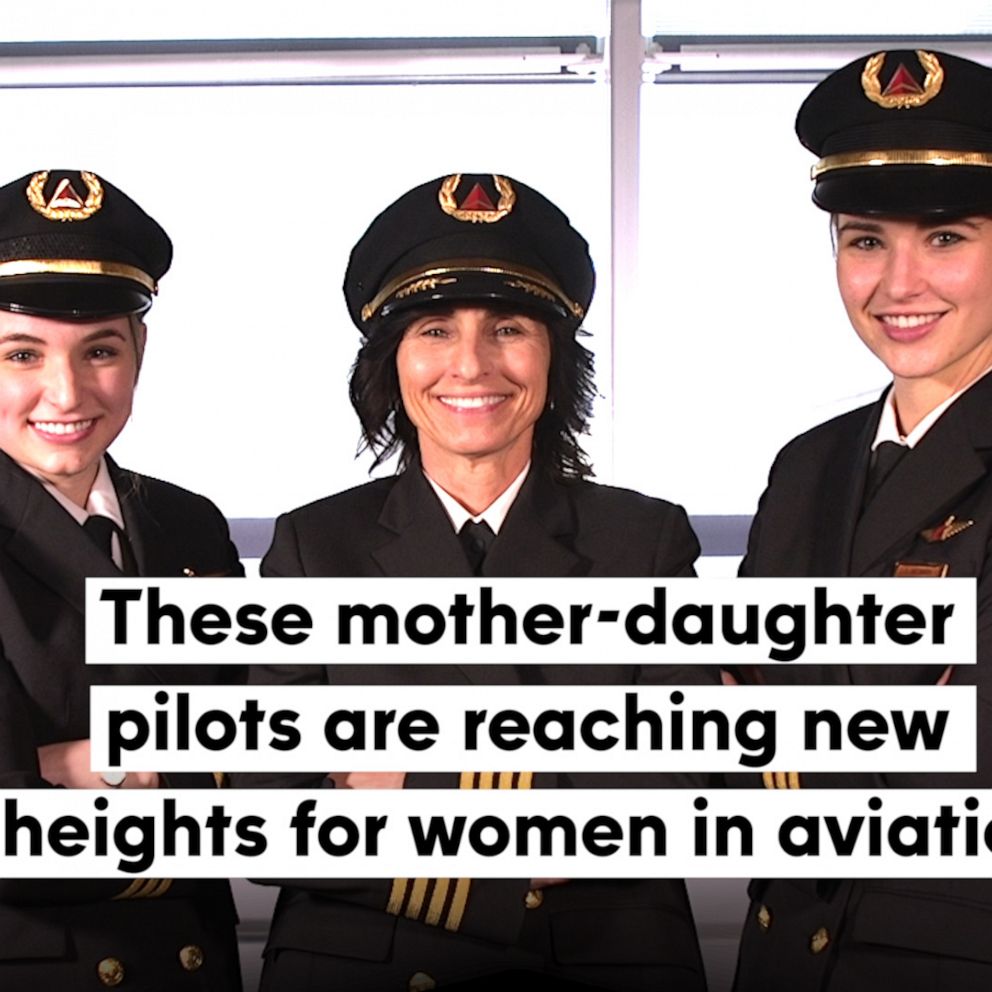Courtland Savage was serving as a pilot in the U.S. Navy when he said he noticed a lack of diversity in the aviation industry.
"I was one of the two African-Americans in the entire squadron," Savage recalled, speaking with "Good Morning America."
In 2018, after leaving the Navy and landing a job as a commercial airline pilot, Savage launched a nonprofit based in Charlotte, North Carolina, called Fly For The Culture.
Describing his motivation to launch the organization, Savage said he wanted young Black kids to see aviation as a possible future profession.
"I wanted to just showcase other African Americans that are pilots so other young people could see someone that they look like in order to potentially be inspired to pursue a career in the aviation industry," Savage said.

Fly For The Culture serves as a platform for young people to explore their interests in aviation. The organization takes students on introductory flights "to show them what being a pilot is really like," according to its website.
The nonprofit is funded by public and corporate donations, which are used to give students the experience of piloting a plane. Following their participation in the program, the students are given support and direction to help them take their next steps in becoming a pilot, or other professions within the aviation field.
Savage said Fly For The Culture uses social media to try to reach young people to expose them to the aviation industry.
"Once we reach these young kids, we introduce them to what's called an introductory flight and take them up for free, through the donations that we received through the organization, [on a] quick 10 or 15-minute flight around the Charlotte, North Carolina, area," Savage said. "And once we're done taking a flight, we stay connected through social media, and help mentor them to pursue a career in becoming a pilot."
Savage said he hopes young people look up to him as a young, Black pilot.
"I'm a part of the young generation, also a person of color," he said. "So sometimes I believe with young people, you gotta see it to believe it."
The importance of inclusion and diversity in aviation
African Americans represented only 3.6% of the total workforce of aircraft pilots and flight engineers in 2023, according to the U.S. Bureau of Labor Statistics.
In a statement to ABC News, Tennessee Garvey, chair of the Organization of Black Aerospace Professionals board of directors, said that "statistics like these only underscore the importance of our mission and our work."
OBAP is a nonprofit with a "rich history spanning nearly 50 years in advocating for diversity, equity, and inclusion within the aviation industry," per its website. Since its creation, the nonprofit has created opportunities for Black youth and young adults to "pursue career fields that were once out of reach," Garvey said.
"The racial makeup of the aviation industry in the United States is far from a reflection of our nation's diversity," Garvey continued in the statement. "Each year, OBAP, and other industry groups, support and provide opportunities for tens of thousands of aspiring aerospace professionals. Together, we will create an aerospace workforce that is diverse as the communities we serve."
Savage's journey in aviation began at the age of 17 from what he described as a "silly bet" he made in 2008.
"I said, 'If a Black man becomes president, I'm gonna go fly planes,'" Savage recalled. "I just wanted to say the most far-fetched thing, because I never thought it could happen. Sure enough, President Barack Obama was elected and I took an introductory flight."

Savage said from that first flight on, he was set on a career in aviation.
"I ended up falling in love with aviation, and I was able to pursue my private pilot's license," he said. "And then I pursued a career through the military, becoming a pilot."
Over the course of his own career, Savage said he has noticed "a great deal of change" in the aviation industry's makeup. He credited other nonprofit organizations like Sisters of the Skies and the OBAP for their "amazing jobs" helping to promote more diversity and inclusion.
"I have also seen major airlines such as Delta, United and American create programs that welcome more diversity within the industry," he added.
The airlines Savage named each have their own diversity and inclusion divisions that are committed to creating an inclusive environment during hiring and at their workplaces through programs such as the Faces of Travel campaign by Delta Airlines, and the Supplier Diversity programs at United Airlines and American Airlines.

Despite the progress, Savage said he believes there is still room for growth to make the industry even more inclusive.
"I would like to see more diversity when it comes to the upper leadership," he said. "That is something that's still not quite there yet."
As for his message to young people aspiring to pursue a career in aviation, he said, "Just keep going."
"This is the time to get in right now, the career is amazing," he added. "Being able to have things like flight benefits and being able to fly anywhere in the world you want to, whenever, without being charged, the ability to just go to work, and not even feel like [it's] work… it feels like I'm getting paid to do hobbies. It's a very rewarding feeling."








